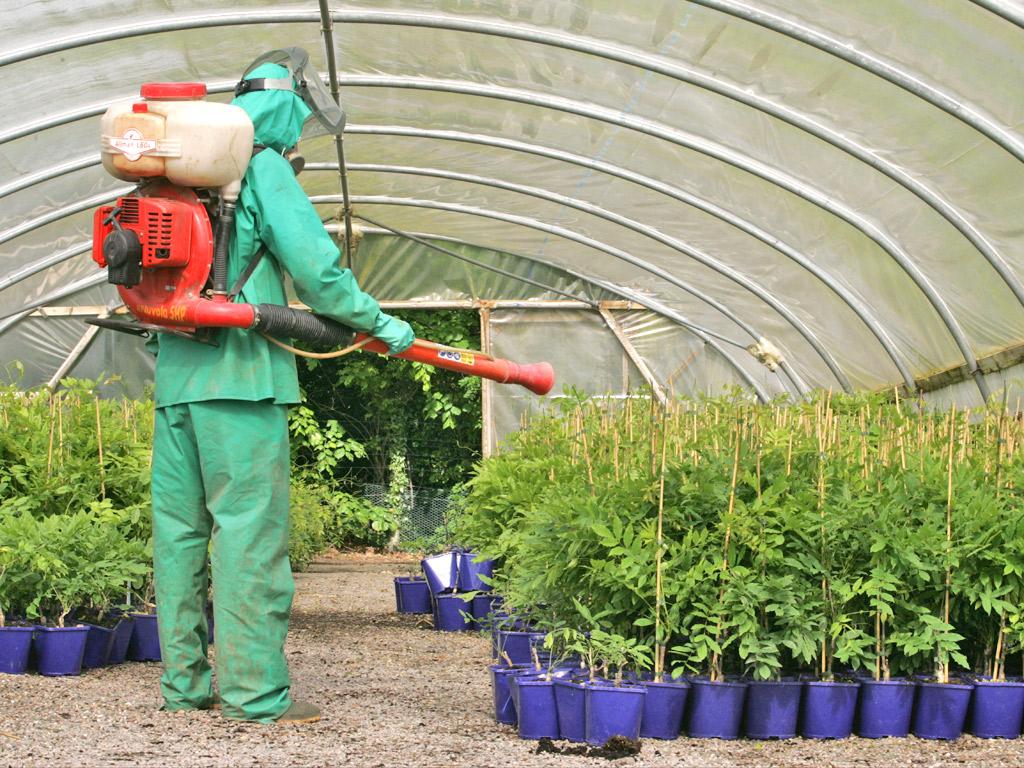Pesticides 'could harm brain development of unborn babies'
Scientists call for further limits on human exposure to two chemicals following research on rats

Pesticides linked to declines in bee populations may also affect human health and harm the brain development of unborn babies, European safety experts have said.
Scientists at the European Food Safety Authority (EFSA) called for further limits on human exposure to two chemicals following research on rats.
One of the pesticides, imidacloprid was associated with brain shrinkage, and reduced activity in nerve signals in newborn rats, while the other, acetamiprid led to reduced weight and reaction times.
The two chemicals are neonicotinoids, designed to attack the nervous system of insects. Three such pesticides are subject to a two-year temporary ban throughout the European Union because of concerns that they are harming bee populations, with major implications for the pollination of plants and crops.
Experts found that the chemicals “may adversely affect the development of neurons and brain structures associated with functions such as learning and memory," an EFSA statement said. “Some current guidance levels for acceptable exposure may not be protective enough to safeguard against developmental neurotoxicity and should be reduced.”
They added that imidacloprid "may affect the developing human nervous system".
Bayer Cropscience, which manufactures both of the chemicals included in the study, said that recommendations on exposure limits for humans were “small changes”.
The UK government has accepted the EU-wide ban on three neonicotinoids – clothianidin, imidacloprid and thiametoxam – but said it rejected the science behind it.
Officials told the House of Commons Environment Audit Committee that the “evidence did not point to risks to pollinators that would justify the proposed restrictions”.
Bayer and Syngenta, the two companies which produce the banned pesticides, are taking legal action to try and end the restrictions, in a move that is backed by the farming groups including the UK National Farmers Union, which believes that bans on what are some of the world’s most popular pesticides could affect crop yields.
Join our commenting forum
Join thought-provoking conversations, follow other Independent readers and see their replies
Comments
Bookmark popover
Removed from bookmarks